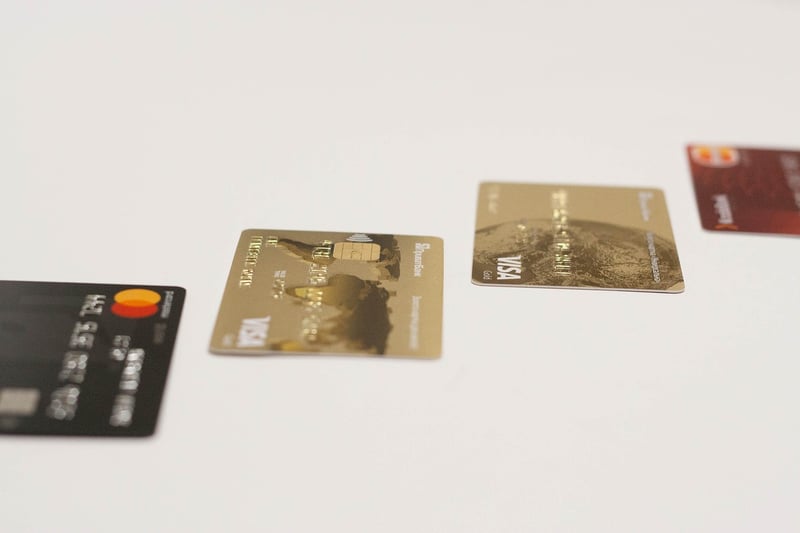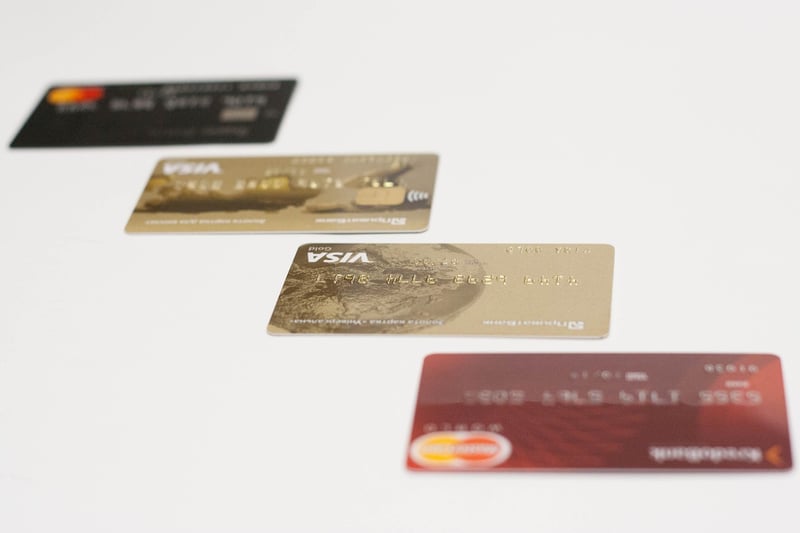Credit Monitoring Tips
Building Creditworthiness and Credit Monitoring Tips
Introduction
Establishing and maintaining good credit is crucial for financial health. Here are some tips on how to build creditworthiness and effectively monitor your credit.
1. Pay Bills on Time
One of the most significant factors affecting your credit score is your payment history. Make sure to pay all your bills on time to demonstrate responsible financial behavior.
2. Keep Credit Utilization Low
Try to keep your credit card balances low in relation to your credit limits. High credit utilization can negatively impact your credit score.
3. Monitor Your Credit Report Regularly
Check your credit report from all three major credit bureaus - Equifax, Experian, and TransUnion - at least once a year to detect any errors or fraudulent activity.
4. Use Credit Monitoring Services
Consider using credit monitoring services that provide regular updates on changes to your credit report, alerting you to any suspicious activity.
5. Avoid Opening Too Many New Accounts
Opening multiple new credit accounts within a short period can lower the average age of your credit accounts and potentially harm your credit score.
6. Maintain a Diverse Mix of Credit
Having a mix of credit types, such as credit cards, loans, and a mortgage, can demonstrate your ability to manage different forms of credit responsibly.
Conclusion
By following these tips and staying vigilant about monitoring your credit, you can build and maintain a strong credit profile. Remember, good credit opens doors to better financial opportunities.

For more information on credit monitoring and building creditworthiness, visit FTC's Free Credit Reports Page.
